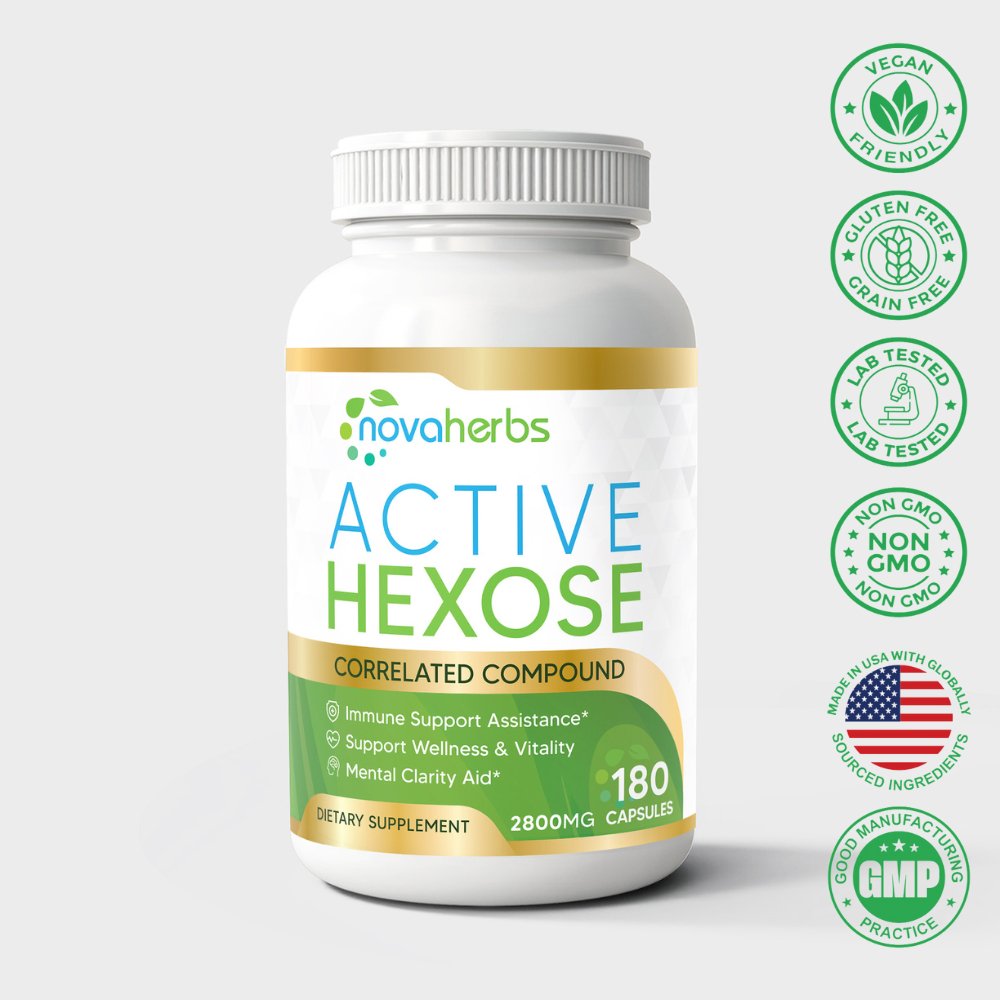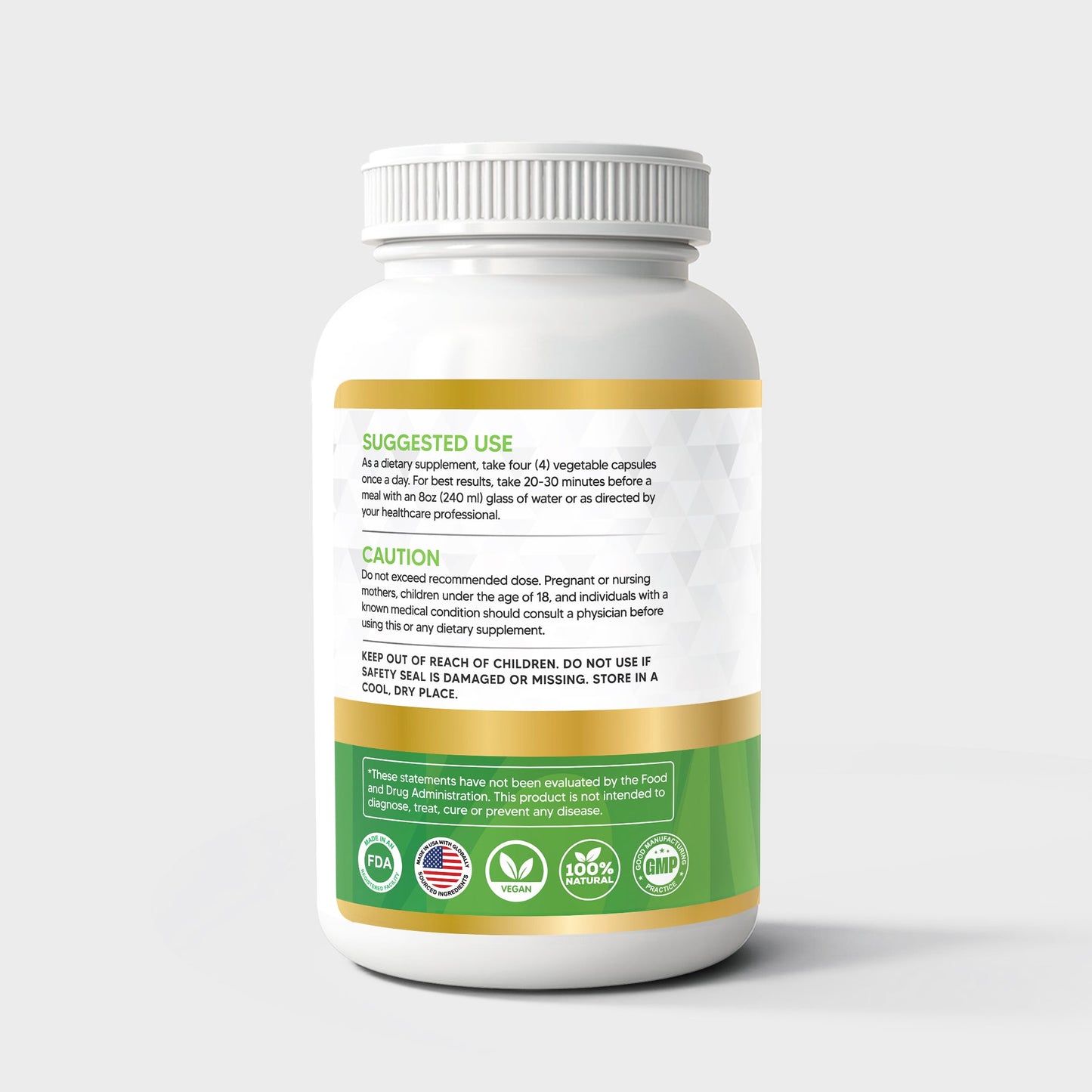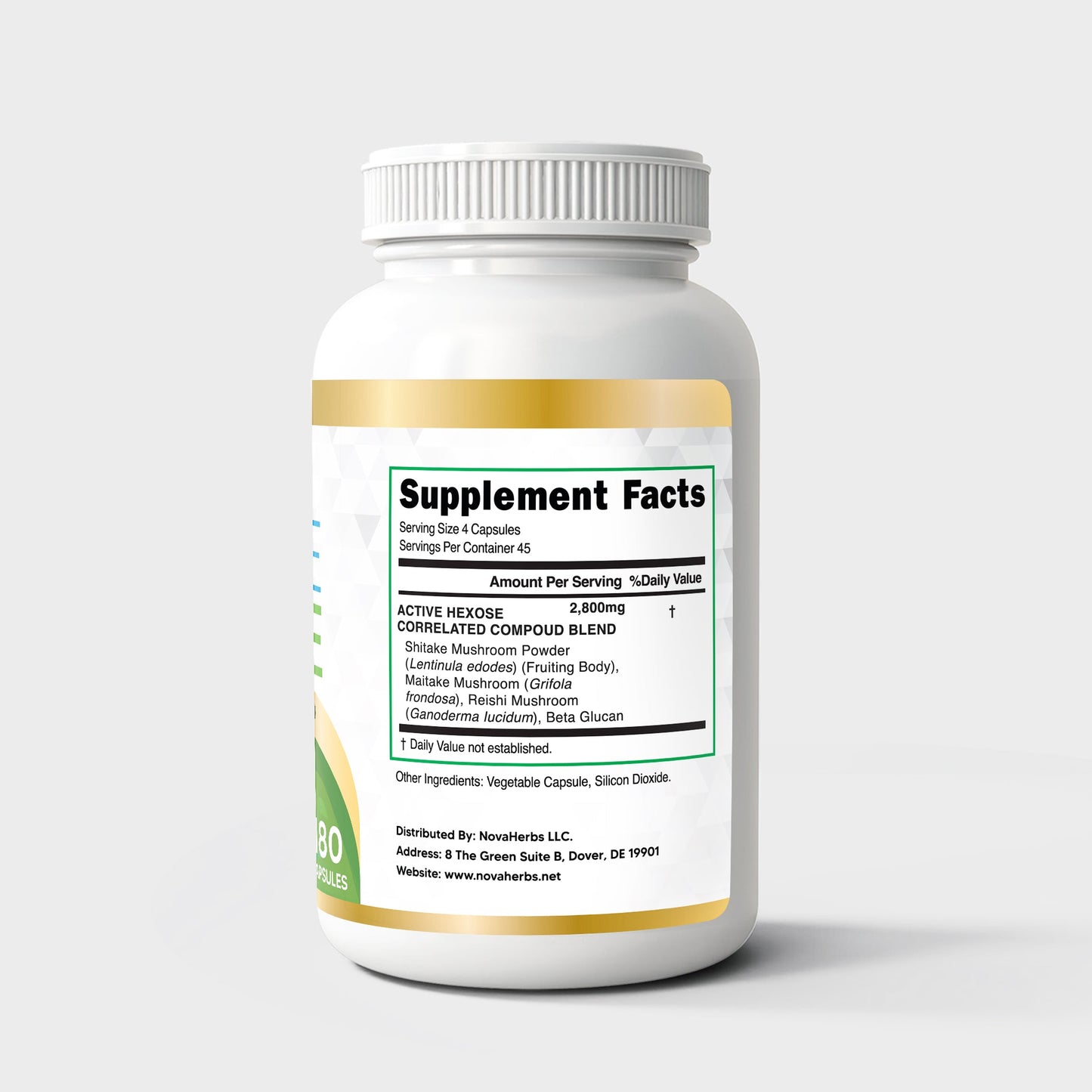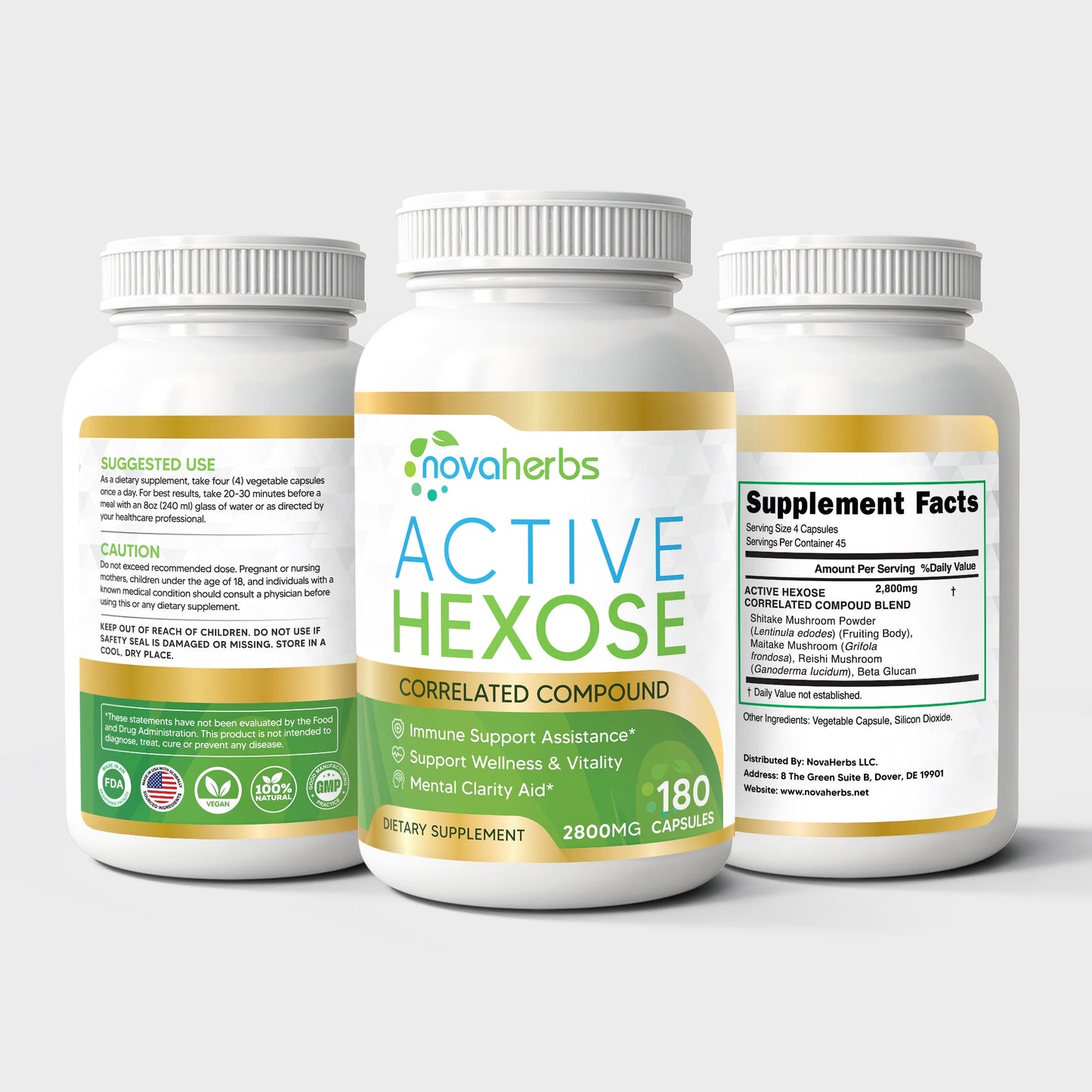When you hear the words human papillomavirus (HPV), the first things that may come to mind are Pap smears, cervical health, or even cancer risk. But what often gets overlooked is this: your immune system is the real hero when it comes to fighting HPV.
Most HPV infections clear on their own within one to two years—but only if your immune system is strong enough to recognize and eliminate the virus. And here’s the good news: what you eat every day can either strengthen or weaken your immune defenses.
🥗 Why Diet Matters for HPV
Your diet influences your health on multiple levels:
-
Immune strength: Nutrients like vitamins A, C, D, and zinc are essential for helping immune cells recognize and attack viruses.
-
Oxidative stress: HPV infections cause cellular stress. Antioxidants from fruits, veggies, and green tea help repair this damage.
-
Hormonal balance: Some compounds in food, such as those in cruciferous vegetables, may help regulate estrogen metabolism, which is tied to cervical health.
-
Inflammation: Diets high in processed foods and sugar promote inflammation, making it harder for your immune system to function optimally.
So, if you’ve been diagnosed with HPV or simply want to support your long-term cervical health, paying attention to your plate is one of the most empowering steps you can take.
🌱 Best Foods for HPV
1. Cruciferous Vegetables
Broccoli, kale, Brussels sprouts, and cauliflower are rich in indole-3-carbinol (I3C) and diindolylmethane (DIM)—compounds studied for their ability to support healthy estrogen metabolism and protect cervical cells from abnormal changes.
🔑 Why it matters for HPV: Studies suggest that diets rich in cruciferous vegetables may reduce the risk of persistent HPV infections and cervical dysplasia.
👉 How to include them: Add steamed broccoli as a side, blend kale into smoothies, or try roasted Brussels sprouts with olive oil.
2. Colorful Fruits and Vegetables
“Eat the rainbow” isn’t just a catchphrase—it’s immune science. Brightly colored fruits and veggies are loaded with carotenoids, flavonoids, and vitamin C.
-
Orange/yellow produce (carrots, sweet potatoes, mangoes) → high in beta-carotene and vitamin A, which keep mucous membranes (including the cervix) resilient.
-
Red/purple produce (berries, pomegranates, beets) → full of antioxidants that neutralize free radicals caused by HPV.
-
Citrus fruits (oranges, lemons, grapefruit) → rich in vitamin C, essential for collagen production and tissue repair.
👉 Pro tip: Aim for at least 5–7 servings of fruits and veggies daily.
3. Green Tea
Green tea contains catechins, powerful antioxidants that have been studied for their ability to reduce HPV activity. Some clinical trials even tested green tea extracts for treating cervical lesions with promising results.
👉 How to enjoy: Drink 2–3 cups per day, or opt for matcha powder for a concentrated boost.
4. Garlic and Onions
These pungent vegetables aren’t just flavor enhancers—they’re natural antivirals. Garlic, in particular, contains allicin, which supports immune defense and may have direct anti-HPV effects.
👉 Simple idea: Add raw garlic to salad dressings, or roast whole cloves for a milder taste.
5. Lean Protein and Omega-3s
Your immune system relies on protein to build antibodies. Meanwhile, omega-3 fatty acids reduce inflammation and support cell repair.
-
Lean protein sources: chicken, turkey, lentils, beans, eggs
-
Omega-3s: salmon, sardines, chia seeds, flaxseeds, walnuts
6. Mushrooms (Especially AHCC from Shiitake)
Medicinal mushrooms are often called immune superfoods. Shiitake, maitake, and reishi are rich in beta-glucans, natural compounds that help activate natural killer (NK) cells—the immune cells that defend your body against viruses.
One of the most researched mushroom extracts is AHCC (Active Hexose Correlated Compound), derived from the mycelia of shiitake mushrooms. Studies suggest that AHCC supports the body’s ability to maintain a strong immune response and promote clearance of persistent HPV infections when taken consistently.
7. Nuts and Seeds
Almonds, sunflower seeds, Brazil nuts, and pumpkin seeds are nutrient-dense and rich in:
-
Vitamin E → protects cell membranes from oxidative stress
-
Zinc → vital for immune cell activity
-
Selenium → supports antioxidant defenses and thyroid function
8. Probiotic-Rich Foods
Your gut health is directly tied to your immune system. Fermented foods like yogurt, kefir, kimchi, sauerkraut, and miso help maintain a healthy gut microbiome that supports viral defense.
🚫 Worst Foods for HPV
Now that we’ve covered the best foods, let’s look at the ones that may slow down your immune system and make it harder for your body to fight HPV.
1. Processed Meats and Fried Foods
Bacon, hot dogs, deli meats, and fried fast food are loaded with preservatives, nitrates, and unhealthy fats that increase inflammation.
👉 Why avoid them: Chronic inflammation creates the perfect environment for HPV-related cell changes to progress.
2. Sugary Foods and Beverages
Excess sugar isn’t just bad for your waistline—it weakens your immune defenses. Spikes in blood sugar can suppress immune activity for hours, leaving your body more vulnerable.
👉 Examples: sodas, energy drinks, pastries, candy, and processed cereals.
3. Excessive Alcohol
Moderate drinking may not be harmful, but regular or heavy alcohol use damages the liver, increases oxidative stress, and lowers immune surveillance—all of which make it harder to fight HPV.
4. Refined Carbohydrates
White bread, pasta, and other refined carbs act like sugar in the body. They cause insulin spikes, fuel inflammation, and deprive you of the fiber that supports gut health.
5. Highly Processed Snacks
Chips, crackers, and instant noodles may be convenient, but they’re typically loaded with trans fats, sodium, and artificial additives. These put stress on your immune system and offer no meaningful nutrition.
🧘 Lifestyle Factors That Go Hand-in-Hand with Diet
Food is powerful, but it’s only one part of the bigger picture. If you’re trying to beat HPV, combine good nutrition with healthy lifestyle choices:
-
Quit smoking → Smoking is strongly linked to persistent HPV infections and cervical dysplasia.
-
Prioritize sleep → 7–9 hours of quality sleep strengthens immune memory.
-
Manage stress → Chronic stress weakens immunity; try yoga, journaling, or deep breathing.
-
Exercise regularly → Moderate activity (like walking, cycling, or swimming) boosts circulation and immune defense.
✅ The Bottom Line
There’s no miracle “HPV cure food,” but the overall pattern of your diet and lifestyle choices makes a huge difference.
-
Eat more: cruciferous veggies, colorful fruits, lean protein, omega-3s, nuts, mushrooms, and probiotic foods
-
Limit or avoid: processed meats, sugary snacks, refined carbs, alcohol, and junk food
And if you want an extra boost, consider adding AHCC, a supplement made from shiitake mushrooms, which has been studied for its potential to help the body clear HPV and prevent HPV-related cancers when taken consistently at around 3 grams per day.
By nourishing your body with the right foods and cutting back on those that weaken your defenses, you give yourself the best chance to naturally fight off HPV and protect your long-term health.







